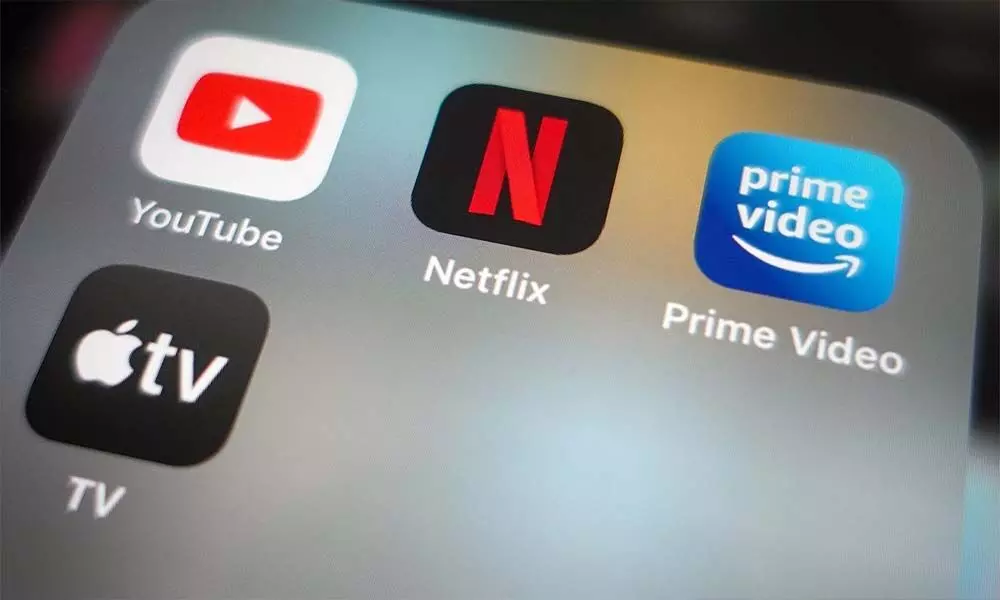OTT segment gaining momentum as regional content takes centre stage
Streaming platforms saw an increase in subscription revenue as a result of the rise of work-from-home culture and outdoor restrictions. In comparison to the broadcast sector, which took years to attain its current level of subscriber revenue, the subscription revenue of OTT platforms has multiplied in just a few years since its inception, says Famous Studios MD
image for illustrative purpose

The OTT segment has reached new heights of success as the proliferation of content takes centre stage. The entertainment business, like any other business, witnessed a year of ups and downs around the world; but because of the rise in OTT consumption, the sector has somewhat recovered after a period of instability.
"Streaming platforms saw an increase in subscription revenue as a result of the rise of work-from-home culture and outdoor restrictions. In comparison to the broadcast sector, which took years to attain its current level of subscriber revenue, the subscription revenue of OTT platforms has multiplied in just a few years since its inception," Anant Roongta, MD, Famous Studios said.
Studios and platforms are creating storylines based on real life instances and the way of life in a region, thanks to the large number of active online users and rising internet penetration across the country. The great thing about this is that the content is either dubbed in several languages with scripts and references that allow people from all across the country to connect with the show, or it is made for a niche audience.
MX Player's Samantar is a fantastic illustration of this, as it features a thrilling tale that any Maharashtrian can identify with. Such localized material is extremely popular in the country's original territories, thanks to technological advancements and the affordable availability of cellphones.
Regional Dominance
Roongta points out the benefits of regional content creation: an immersive plot can be created for 30 percent to 40 percent less money with a wider audience. By the next decade, it is predicted that regional content consumption will be doubled thanks to increased smartphone usage which would eventually push the streaming services for more subscribers.
Currently, streaming services have more subscribers than cable connection. "Moreover, regional languages will account for 60 percent of television consumption by 2025, up from roughly 55 percent in 2020, and around 50 percent of video streaming use in 2019, according to a report released by FICCI," he says.
Growth Forecast
Regional markets have significant potential as many of them are underserved, meaning there's room for expansion. Because of the increased demand, marketers have realized that just dubbing Hindi or English ads into local languages is no longer sufficient; as a result, they have begun to integrate minor local language changes to their ads or are striving to write local language scripts in English, Roongta explains. "With digital platforms making significant progress in terms of content creation as they seek new methods to thrill their audiences, local material will receive a significant boost, which is likely to benefit regional cinema greatly."
Regional content - the future of digital era
The consumption of digital content has exponentially expanded over time. People have been glued to their screens riveted by Maharashtrian comedy, South action, Bengali crime thrillers, and love story narratives in many languages have kept audiences captivated to their screens thanks to new and snappy writing and settings. "Slowly but steadily, OTT platforms have realized and accepted that language shows are the most popular. As non-metro audiences continue to lead internet user growth, regional content consumption is likely to rise in the coming years, particularly on streaming platforms," Roongta concludes.

